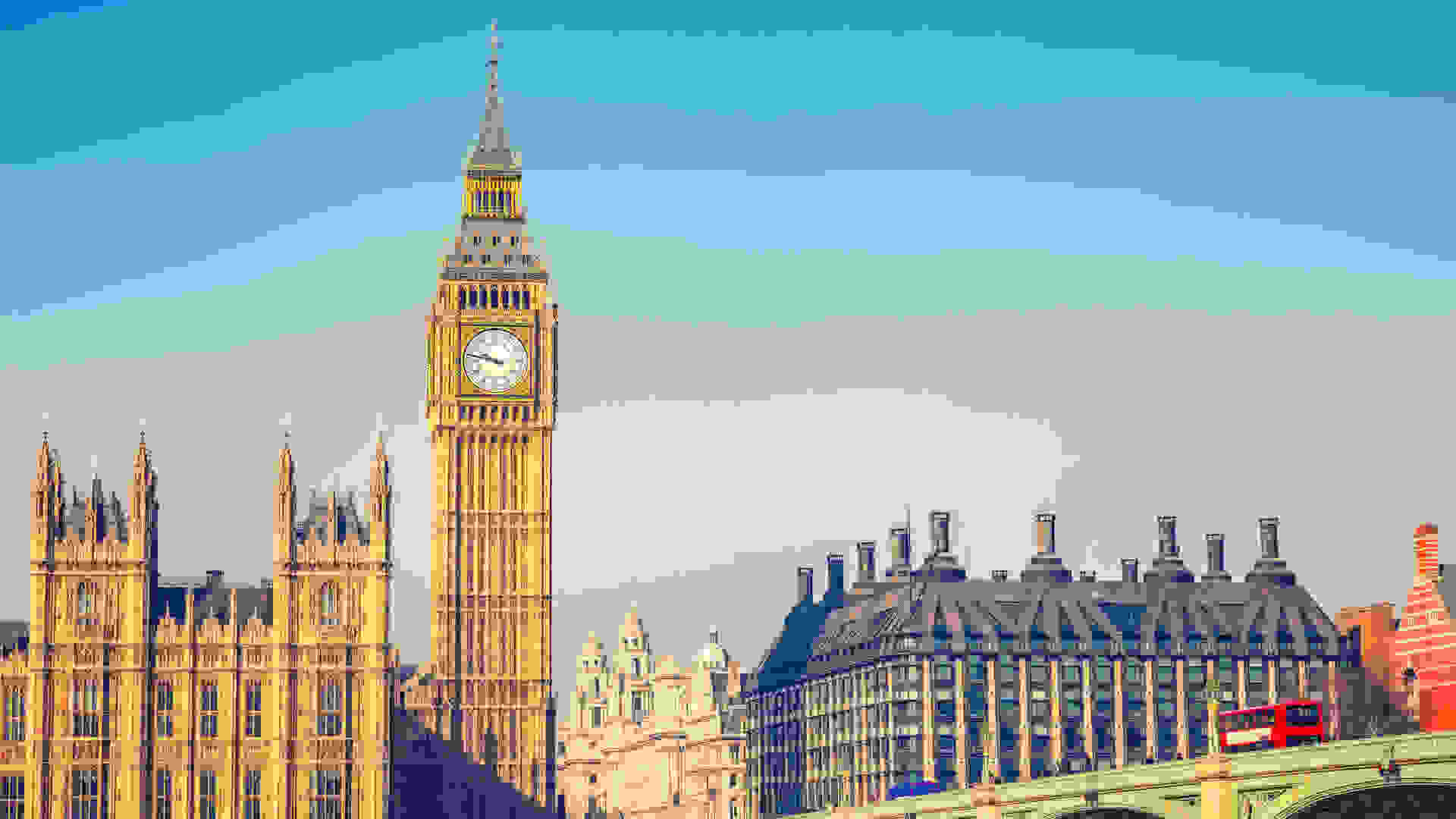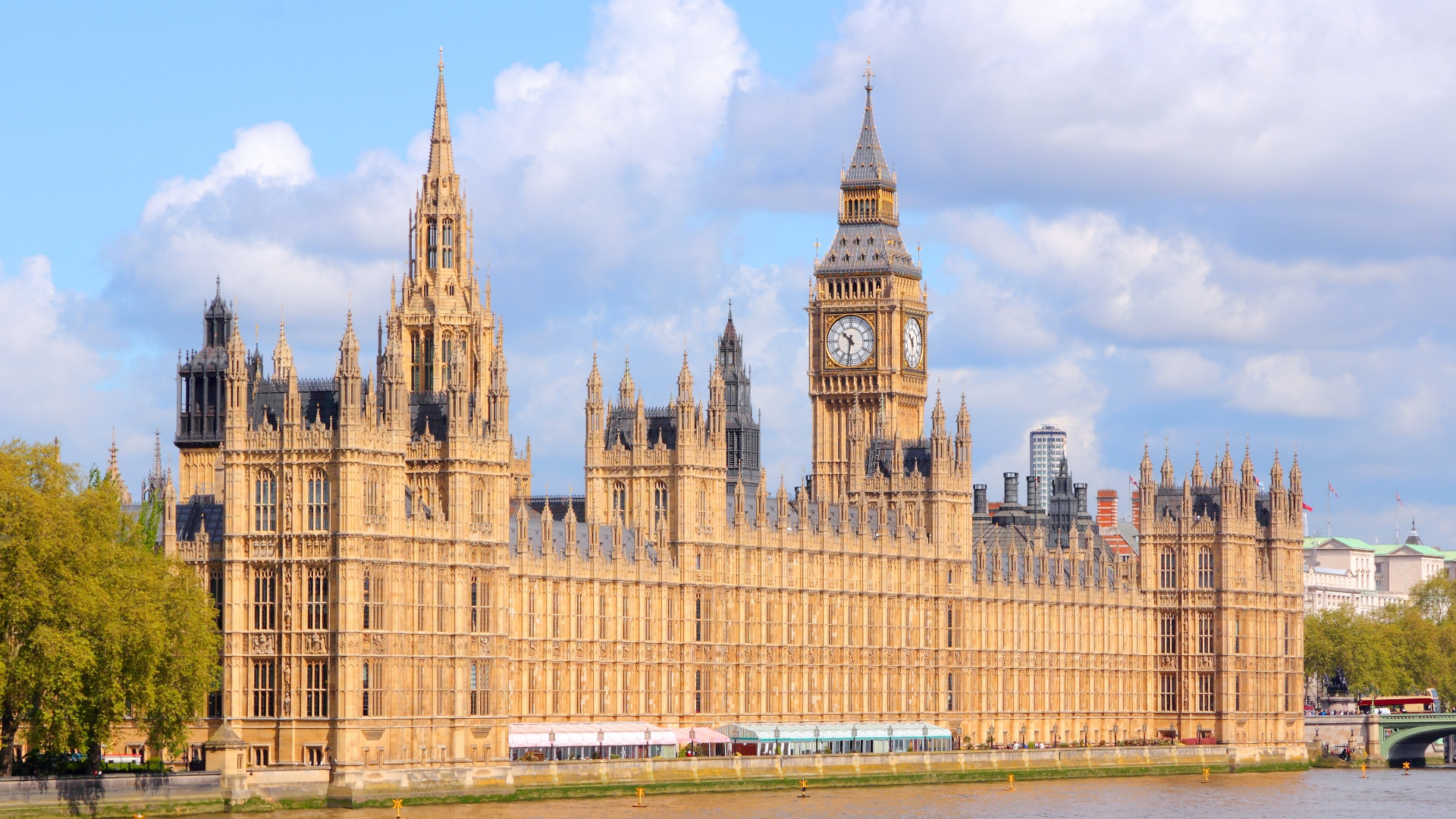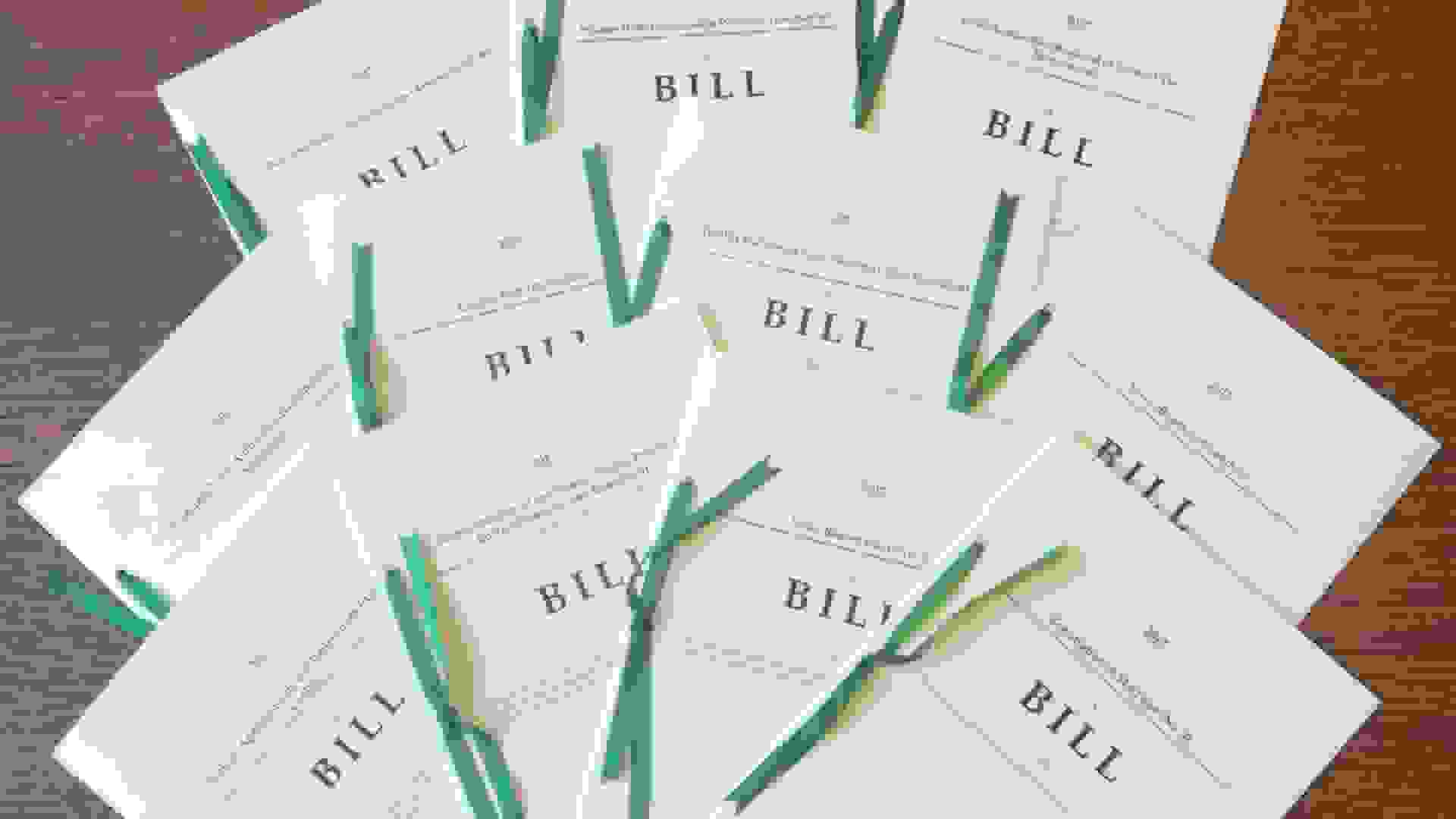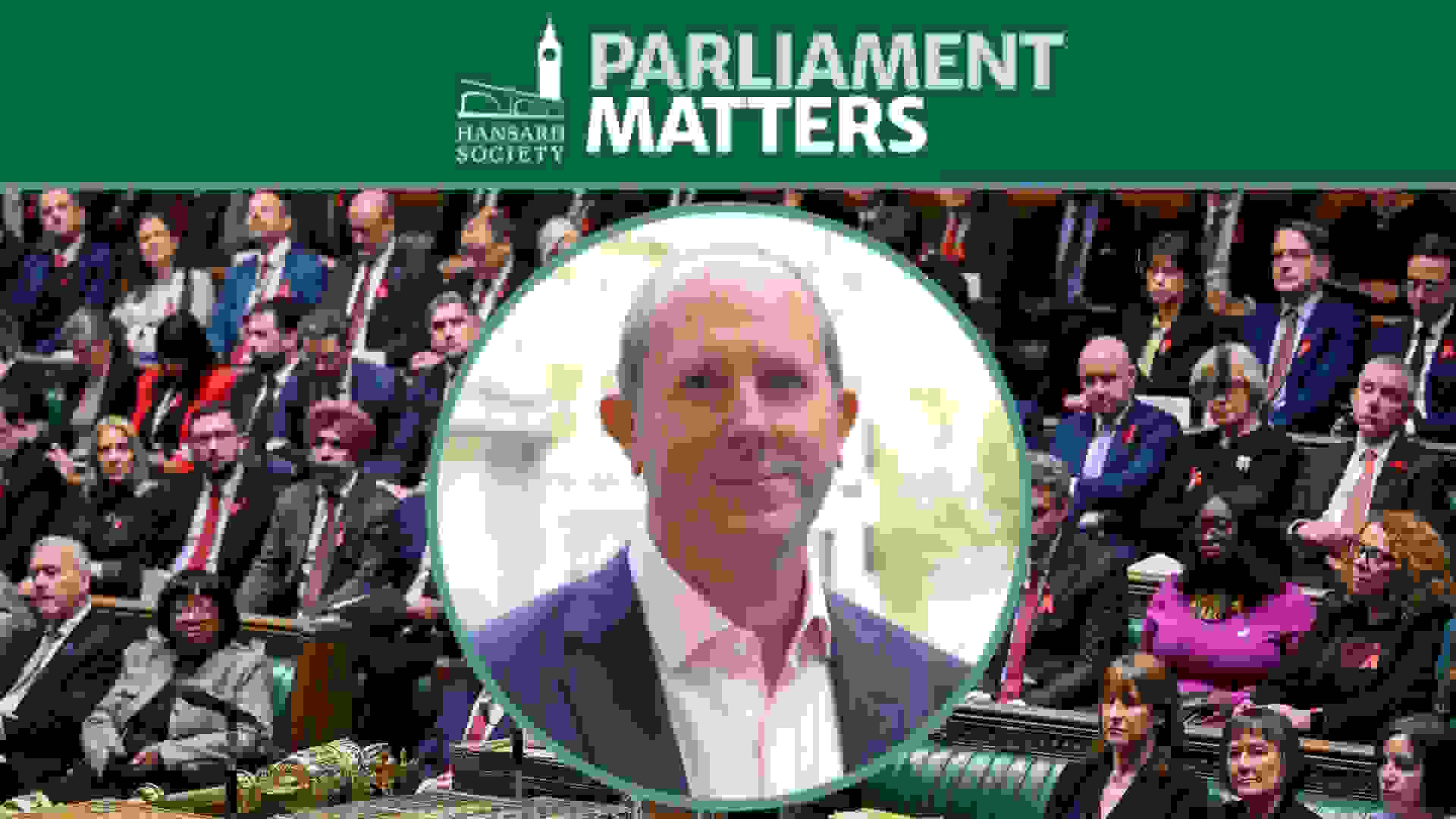Briefings / The Assisted Dying Bill: A guide to the Private Member's Bill process
This briefing explains what to watch for during the Second Reading debate of the Terminally Ill Adults (End of Life) Bill on 29 November. It outlines the procedural and legislative issues that will come into play: the role of the Chair in managing the debate and how procedures such as the 'closure' and 'reasoned amendments' work. It looks ahead to the Committee and Report stage procedures that will apply if the Bill progresses beyond Second Reading. It also examines the government's responsibilities, such as providing a money resolution for the Bill and preparing an Impact Assessment, while addressing broader concerns about the adequacy of Private Members’ Bill procedures for scrutinising controversial issues.










